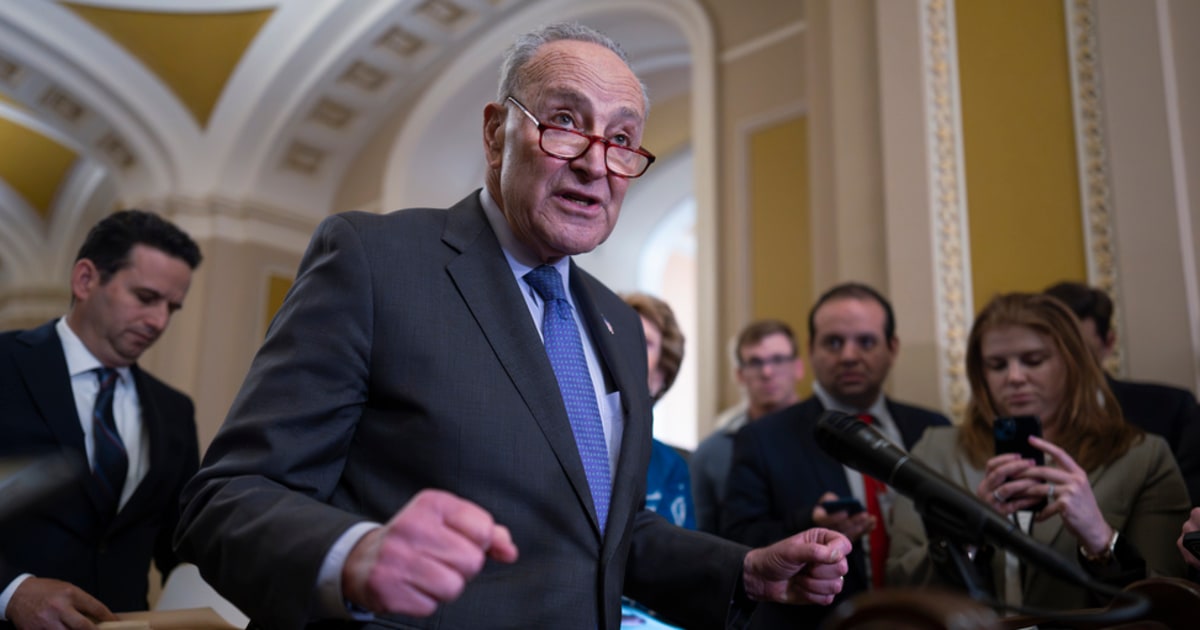By Scott Wong, Julie Tsirkin, Frank Thorp V and Ali Vitali - NBC News
Senate Democrats narrowly approved a sweeping economic and climate package on Sunday, putting President Joe Biden and his party on the cusp of a major legislative victory with just three months to go in the crucial midterm elections. November term.
After a marathon overnight session in the Senate, the 51-50 vote was strictly partisan, with all Republicans voting no and all Democrats voting yes.
Vice President Kamala Harris cast the tiebreaking vote.
The legislation, called the Inflation Reduction Act, now heads to the House of Representatives, which is scheduled to return from its summer recess on Friday, pass the legislation and send it to Biden's table for his signature.
How can the Biden Inflation Reduction Act benefit consumers?
Aug. 5, 202202:08
“It has been a long, hard and winding road, but we have finally arrived.
I know it's been a long day and a long night.
But today we got it done,” Senate Majority Leader Chuck Schumer said on the floor before the final vote.
“After more than a year of hard work, the Senate is making history.
I am confident that the Inflation Reduction Act will endure as one of the defining legislative feats of the 21st century.”
The 755-page bill includes $430 billion to fight climate change and expand health coverage, paid for with prescription drug savings and business taxes.
It allocates hundreds of billions of dollars to deficit reduction.
The bulk of the spending — more than $300 billion — is investments to tackle climate change and boost clean energy, including incentives for farmers and ranchers to reduce methane emissions;
an expansion of the tax credit for electric vehicles;
and the launch of a National Climate Bank that would make investments in clean energy technologies and energy efficiency.
The legislation will give Medicare the power to negotiate prices with pharmaceutical companies for the first time, lowering prescription drug prices for the elderly.
The savings would help pay for a three-year extension of the Affordable Care Act subsidies, which would stave off a projected increase in insurance premiums that would take effect in 2023.
The package includes a cap on the price of insulin for the elderly on Medicare, but Republicans managed to remove a $35 cap on insulin in the private market.
The bill also boosts revenue through a new 15% minimum tax on large businesses, though accelerated depreciation would be exempt, a key request from centrist Sen. Kyrsten Sinema, D-Arizona, who won several tax changes from the leaders before accepting the package.
Sinema also managed to remove a provision to close the interest tax loophole that benefits investment and hedge fund managers.
It was replaced, with Sinema's support, by a 1% excise tax on share buybacks which, in fact, brings in more revenue than the provision on transferred interest.








